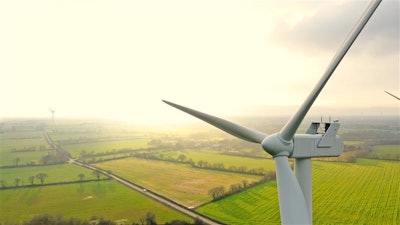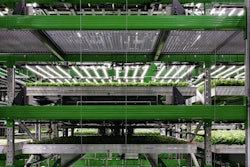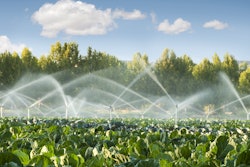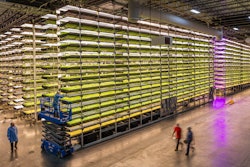
Organic Valley has completed phase one of its dairy life cycle assessment that evaluates on-farm greenhouse gas emissions from dairy farms in a diverse range of climates using different management practices. The company has reinforced its commitment to bringing ethically made organic food to consumers everywhere.
According to an assessment by the University of Wisconsin-Madison, the most significant difference in the carbon footprint of Organic Valley Milk is the inclusion of carbon sequestration in the LCA, which reduced the net farm emissions by an average of 15%.
“Our LCA provides evidence of our lower-than-average farm carbon footprint. Our company-owned facilities are powered with 100% renewable electricity, and we’re continually exploring ways to reduce the business’s impact further,” said Nicole Rakobitsch, director of sustainability at Organic Valley. “Together, our farms, our business, and our supply chain will reduce greenhouse gas emissions and sequester carbon.”
Per Organic Valley:
- University of Wisconsin-Madison’s assessment reveals that, on average, the dairy farms of Organic Valley’s members have a smaller carbon footprint than average U.S. conventional and organic dairy overall.
- Organic Valley farmers report engaging in 50% more pasture grazing than that required by the National Organic Program, and the LCA results are impacted by this significant difference. In 2022, the full LCA will be completed, and Organic Valley will publish the overall impact of the cooperative’s organic milk.
- The cooperative is debuting its commitment to a carbon-neutral supply chain by 2050 at New Hope’s Expo West.


















